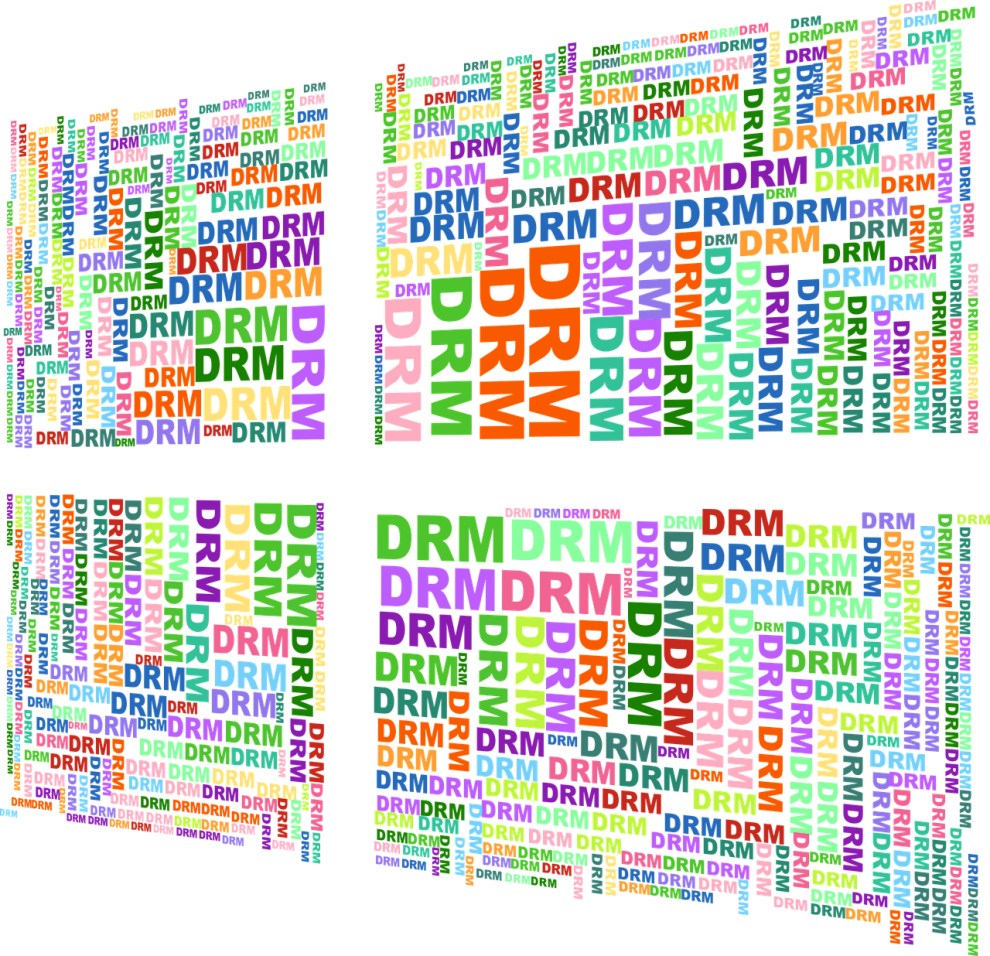Understanding the Digital Millennium Copyright Act (DMCA): What You Need to Know
The Digital Millennium Copyright Act (DMCA) is a U.S. copyright law that addresses the rights and responsibilities of copyright owners, internet service providers, and users in the digital age. Enacted in 1998, the DMCA aims to protect the rights of copyright holders while also promoting innovation and creativity in the online environment.
Key provisions of the DMCA include:
- Safe Harbor: The DMCA provides a safe harbor for internet service providers (ISPs) and online platforms that act as intermediaries in the transmission of copyrighted material. This means that ISPs are not liable for copyright infringement by their users as long as they comply with certain requirements, such as promptly removing infringing content upon notification from the copyright holder.
- Notice and Takedown: The DMCA establishes a process for copyright holders to request the removal of infringing content from websites and online platforms. Copyright owners can send a formal notice (often referred to as a “DMCA takedown notice”) to the ISP or platform hosting the infringing material, who must then remove the content or risk liability for copyright infringement.
- Anti-Circumvention: The DMCA includes provisions that prohibit the circumvention of technological measures used to protect copyrighted works, such as encryption or digital rights management (DRM) systems. It is illegal to bypass these measures to access or distribute copyrighted content without authorization.
- Online Copyright Infringement Liability Limitation: The DMCA also provides limitations on the liability of online service providers for copyright infringement by users on their platforms, as long as they meet certain requirements, such as implementing a policy for repeat infringers.
Overall, the DMCA plays a crucial role in balancing the rights of copyright owners with the interests of internet users and service providers in the digital age. It is important for all parties involved in online content creation and distribution to understand and comply with the provisions of the DMCA to avoid legal consequences related to copyright infringement.






